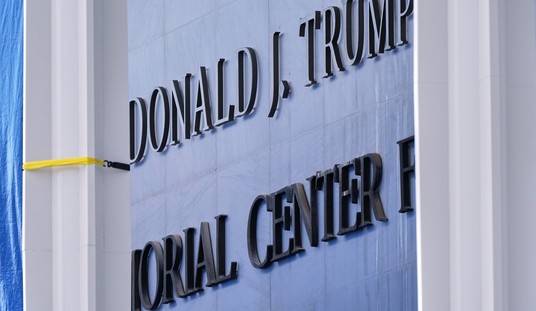WASHINGTON – Rep. Bill Foster (D-Ill.) earlier this month introduced legislation that would allow college students convicted of marijuana possession to remain eligible for financial aid while they complete drug rehabilitation.
Under current rules, students are stripped of financial aid when drug charges are levied. Foster’s Second Chance for Students Act would allow these students six months to complete treatment, while retaining their financial assistance.
“One mistake should not ruin a student’s future,” Foster said in a statement last month. “These kinds of convictions can adversely affect a student’s education since they could lose financial aid immediately upon conviction and must enter a program that takes up to six months to complete.”
Foster argued that financial assistance is usually the difference between a student completing their studies or leaving school. The legislation, which has garnered two Democratic co-sponsors, would amend the Higher Education Act of 1965. The protection would not extend to students charged with intent to distribute drugs.
Kevin Sabet, president of Smart Approaches to Marijuana, who served as President Obama’s senior advisor on drug policy from 2009-11, said in an interview Monday that the spirit of the legislation makes sense. However, he would like to see some assurance that individuals who are dealing drugs are not offered Foster’s protection. The stipulation currently included in financial aid requirements is meant to prevent taxpayers from bankrolling individuals who are spending their college careers selling drugs rather than going to class, he said.
He argued that drug treatment is a better alternative than “yanking financial aid away” for individuals who are simply addicted and made a mistake.
“In general, we want to give students another chance, and we don’t think that a marijuana possession, a charge, should bar them from getting financial aid,” he said.
Sabet said the organization is also curious to know how many students nationwide have lost their financial assistance as a result of a marijuana charge, suggesting that maybe it’s not a widespread issue. According to the nonprofit College Board, about two-thirds of full-time students paid for college tuition in 2014-15 with the help of financial assistance, either through grants or scholarships.
The Drug Policy Alliance, citing data from the Department of Education, reported that in 2013-14 about 1,100 financial aid applicants had their full-year eligibility stripped away due to a drug conviction or failure to report one. A prior drug charge can also be grounds for the federal government to deny a student financial aid.
Attorney General Jeff Sessions has vowed to crack down on marijuana use, claiming that it is helping drive America’s unprecedented rise in opioid overdoses. In May, Sessions asked that Congress eliminate protections for medical marijuana users and proprietors in legal states so that the Justice Department can pursue criminal charges in combating illegal drug activity.
Sabet accused the marijuana industry of targeting college campuses and selling addiction for profit. He argued that the U.S. should implement policies that don’t normalize marijuana use any more than it already has, while equating the marijuana industry to the tobacco industry of 50 or 60 years ago.
“You have major brands, and the entire marijuana industry pushing marijuana use on college campuses, and I worry about the marijuana industry becoming another tobacco industry,” Sabet said, noting that college-age minds are still developing and should be shielded from the harmful effects of marijuana. “We all know how that movie ended. It did not end well.”









Join the conversation as a VIP Member